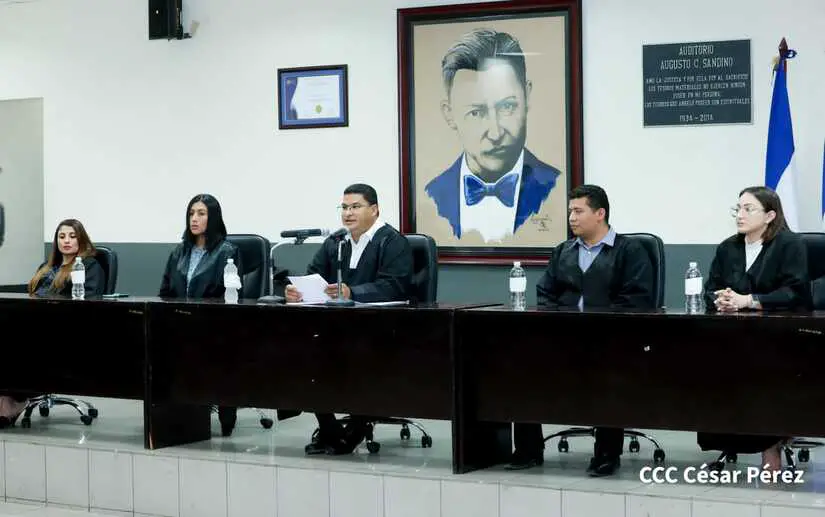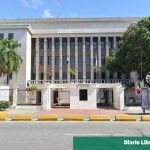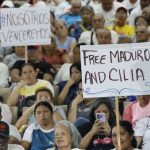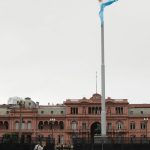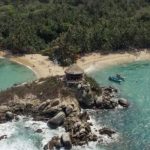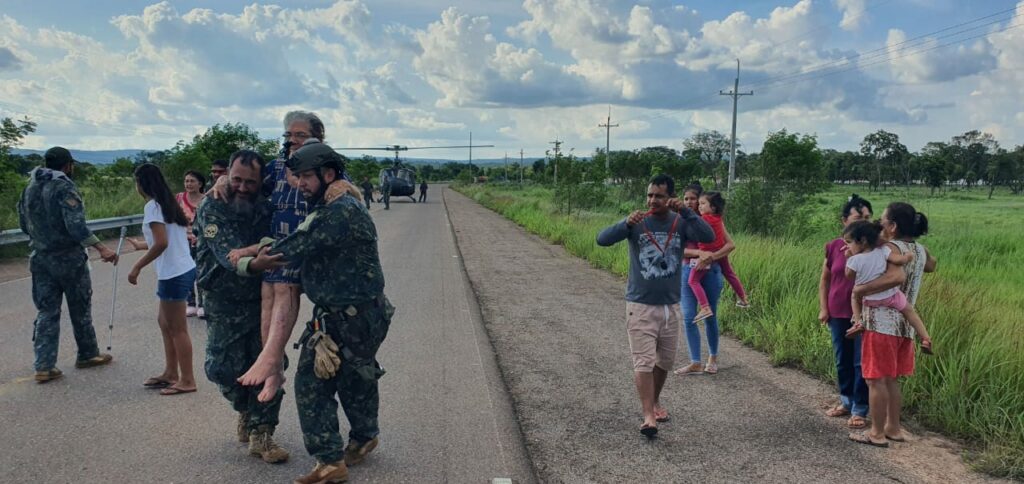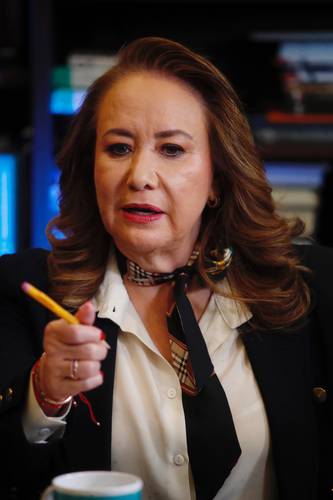The decision of Daniel Ortega and Rosario Murillo, to strip more than 300 Nicaraguan citizens of their nationality, goes against any legal or human rights principle; threatens the national economy by raising the country risk, and opens the possibility that another State may claim Nicaragua for the patrimonial damage inflicted on those affected, according to four professionals from different specialties consulted by CONFIDENTIAL.
On February 9, 222 political prisoners were released from jails, illegally stripped of their nationalityand sent into exile in the United States. On February 15, the regime added another 94 citizens to the listthose who were also convicted, expropriated, and declared fugitives, despite the fact that the only thing that was known about their ‘trials’ was the conviction.
“This is legal cannibalism. They act that way, because they continue to defend their old thesis from the 80s, that “the revolution is a source of law.” What they are saying with that is that violence is a source of law, which is an aberration, ”said a lawyer exiled in Costa Rica, who chooses anonymity to protect his family who is still in Nicaragua.
“From 2007 to the present, they believe they are living in the ‘second stage of the revolution,’ and they show it by doing whatever they want. Thus, we see that there are only the laws that they want, when it suits them, and they ignore the others, ”he added.
The decision of Ortega and Murillo “ignores the philosophy and foundations of law, and ignores the content of the international agreement of which the country is a signatory”.
One of the lawyers who is part of the group of 94 expatriates, recalled that “it is prohibited to prosecute in absentia. What you can do is accuse, and leave the trial in abeyance until you catch the fugitive. Did they have a trial? Who accused and who defended? What did they accuse us of? ”, He claimed.
His criterion is that “this time they did not keep any form, which is interesting with respect to previous casesbecause before they did the pantomimeeven if it was poorly done: without defense lawyers, at dawn, with hearings in prisons, but this time there is nothing, and the Court of Appeals comes out saying that the district judges were the ones who made the decisions,” he stressed.
“This is a typical case for the Inter-American Commission on Human Rights (IACHR)”, and although he admits that a case cannot be initiated until the procedure is exhausted, he also warns that there are steps that can be taken so that the case reaches the final hearing. Inter-American Court of Human Rights.
“The option is to go to the IACHR, accrediting to them why you did not exhaust the internal route. The good thing is that this case is so notorious, that they are clear that there are no possibilities of exhausting this internal route, ”he clarified.
The possible Spanish claim
The lawyer in exile recalled that, according to legal theory, there are two elements that give rise to nationality: jus soliwhich means “I was born on that soil, I have the right to that nationality”, and the jus sanguinisor “blood right, which arises from the fact of being the son of someone who has that nationality.”
“Two of the attributes of personality are the name and nationality, which are given to you by nature itself. I don’t remember any dictatorship that would have withdrawn the nationality of its own fellow citizens. the same [dictador Anastasio] Somoza never took away the attributes of personality from Carlos Fonseca, nor from Ortega, but he comes to take away something to which they are naturally entitled”, compares the expert.
Faced with the possibility that any of the exiles, or those whose nationality was taken from them, might acquire another -as the Spanishfor example- opens the option for that State to make use of the right and obligation to claim on behalf of its new compatriots, explained the lawyer.
He says this based on the fact that “no one can be declared statelessand that by virtue of the fact that this attribute was taken from them, their assets, their property, their pensions were taken from them”, all of which can be alleged, presented, claimed before courts, instances and international forums such as the United Nations, or any other supranational entity dedicated to the protection of Human Rights.
This also leaves open the possibility of an economic claim, similar to the one presented by the United States for the Nicaraguan State to compensate US citizens who had been confiscated in the 1980s. The political-economic dynamics that this unleashed led to that country having to establish waivers (waivers) for more than a decade, until the end of the need for such a system was announced in August 2015.
Who wants to invest in Nicaragua?
In the same way, a businessman who is still in the country trying to keep his company afloat, explained some of the consequences that these decisions can trigger, affecting the national economy.
The businessman acknowledges that it is very possible that a foreign investor could think: “If this government does that with its citizens, what will it not do with a foreigner?”, which becomes a new obstacle to attract investment.
Beyond this hypothetical thought, this businessman detects that there is “a mass of properties that is in limbo”, in reference to the 3,200 NGOs that have been closed down and confiscated “And many of them had properties in their name, in addition to the 222, the 94, and those who come,” he lists.
“This type of practice leaves the whole of society at the mercy of the arbitrary decisions of the regime. because if tomorrow they want to keep someone’s company, they accuse the manager of that company of treason, and they confiscate it,” warned the lawyer for the group of 94.
“If they were able to take away a citizen’s nationality, they are capable of taking away property from an investor, and this also increases the country’s risk,” said the exiled lawyer in Costa Rica.
